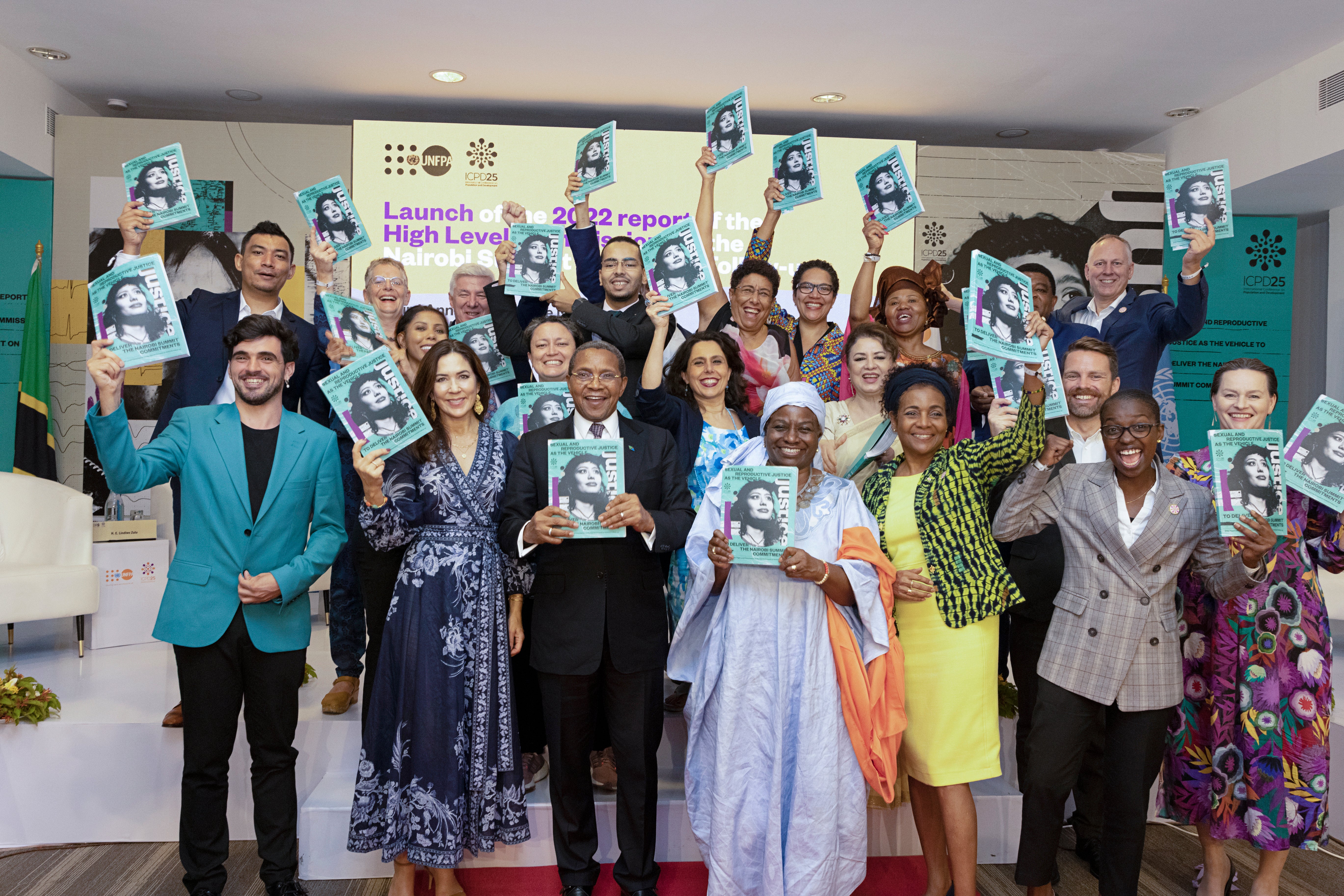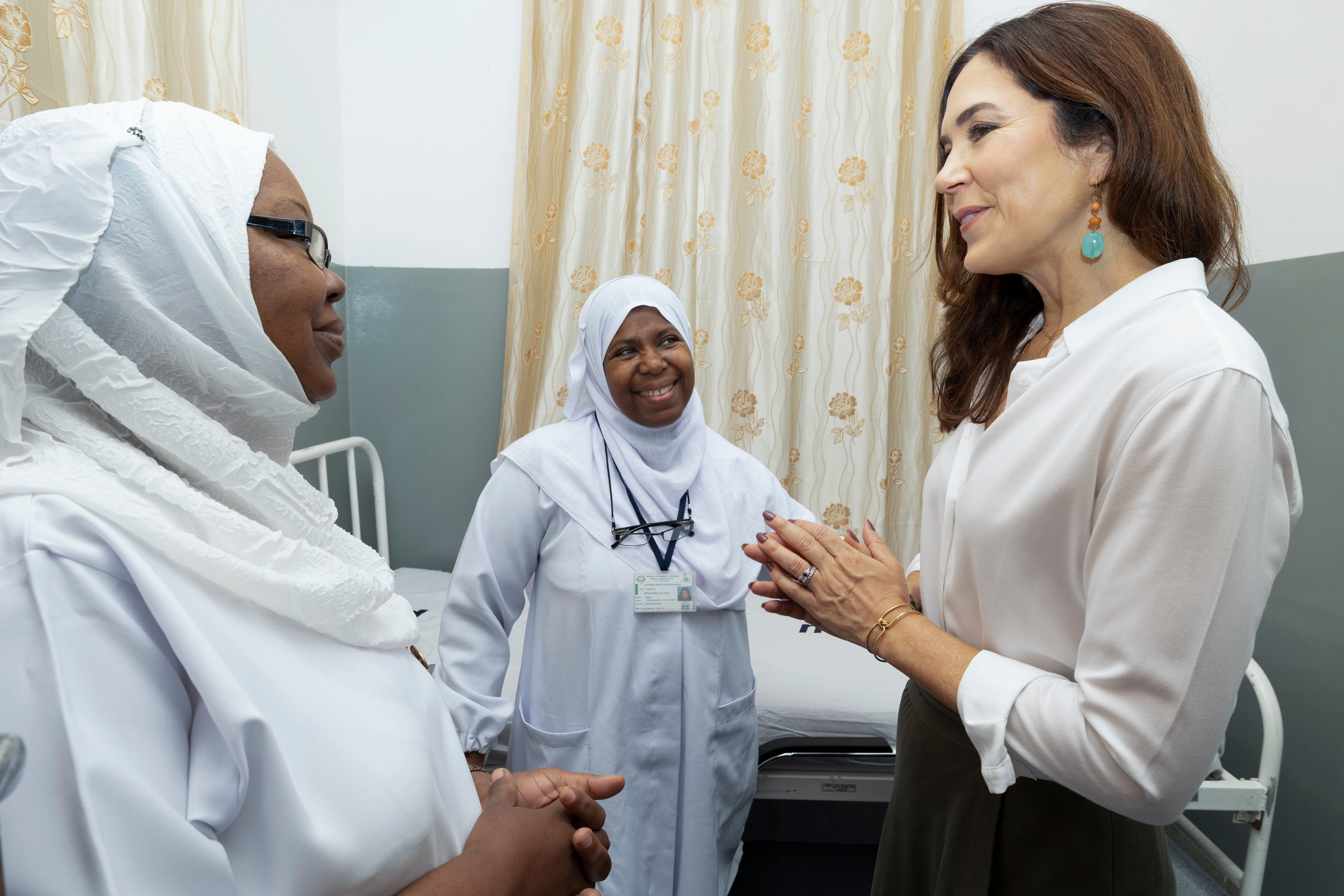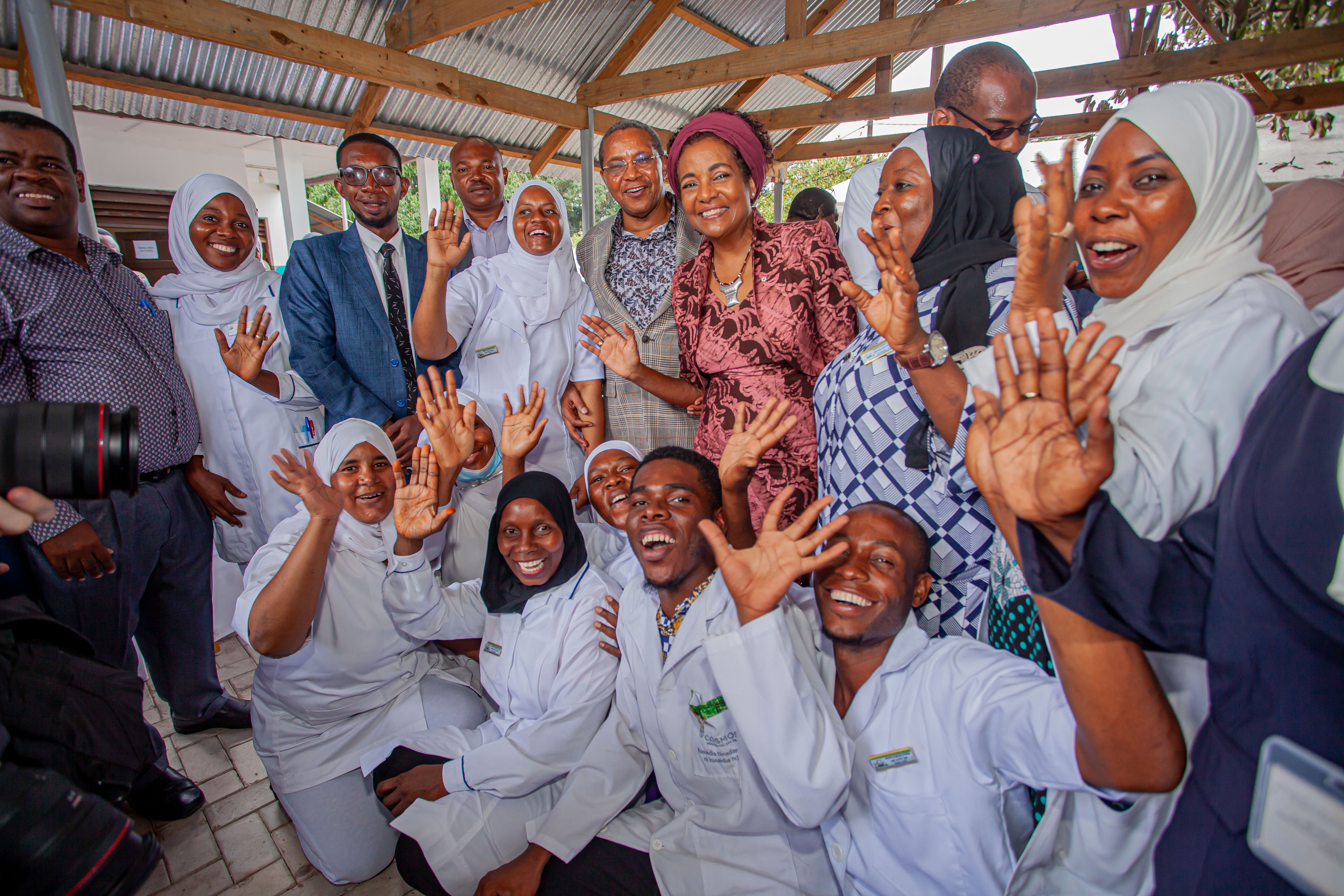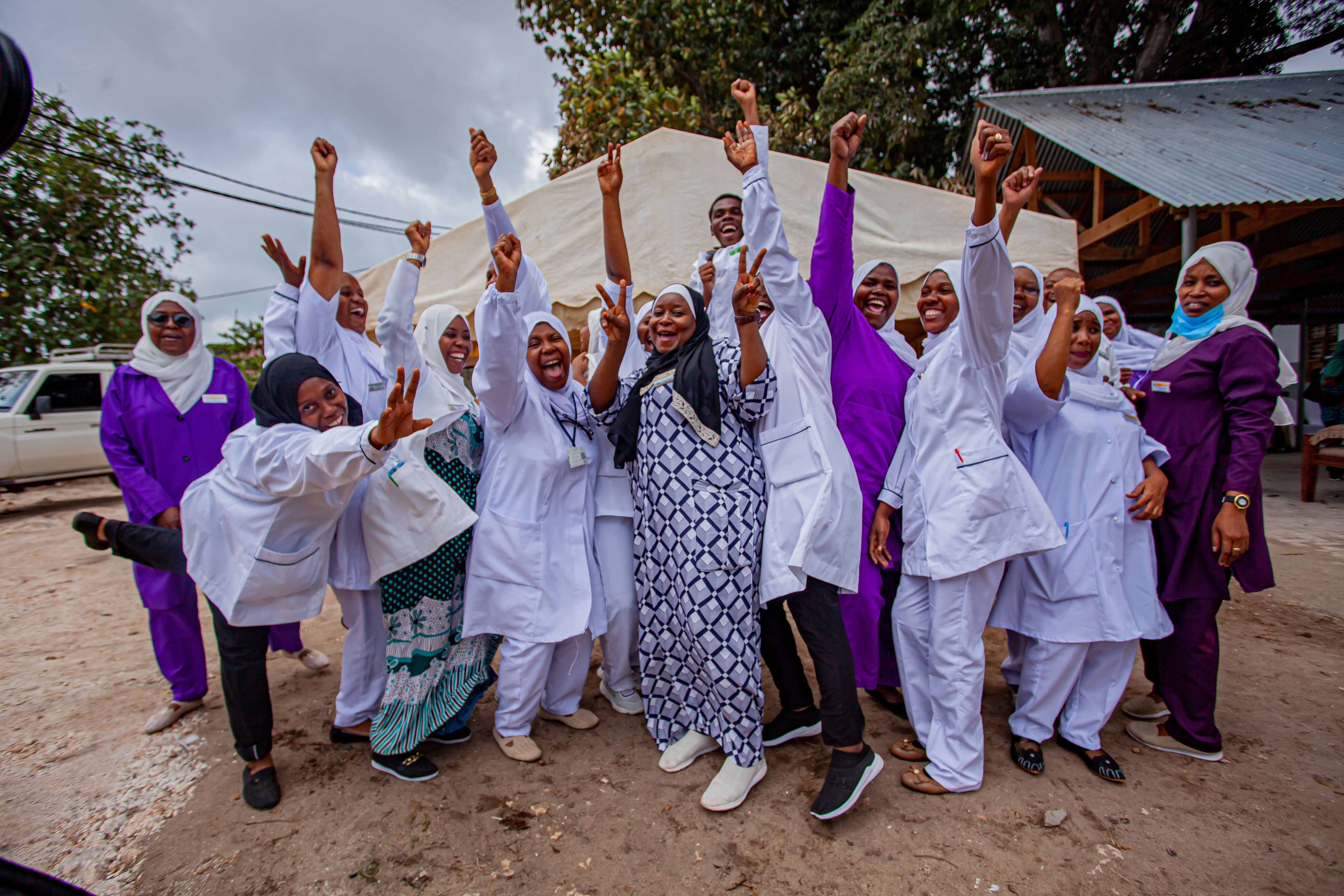ZANZIBAR, Tanzania - The High-Level Commission on the Nairobi Summit on ICPD25 Follow-up has launched a groundbreaking new report in Zanzibar, declaring sexual and reproductive justice paramount to fulfilling people’s rights and choices and delivering on the Nairobi commitments.
Marking the third anniversary of the landmark 2019 Nairobi Summit, the report calls for better services and maps out a far-reaching justice agenda. Under the title ‘Sexual and reproductive justice as the vehicle to deliver the Nairobi Summit commitments’, the report urges to address social, political, economic and other disparities that hamper advancement of sexual and reproductive health and rights, and delays or undermines the fulfilment of the Nairobi commitments.

Commission Co-Chairs, H. E. Dr. Jakaya Mrisho Kikwete, former President of the United Republic of Tanzania and H. E. The Right Honorable Michaëlle Jean, former Governor General of Canada and former Secretary-General of the International Organization of la Francophonie, launched the report with the 27 members of the Commission, including Her Royal Highness Crown Princess Mary of Denmark. The report was symbolically handed to Dr. Natalia Kanem, Executive Director, UNFPA and United Nations Under Secretary-General, during a globally live-streamed event.
Commissioners visit sites and point out crucial role of sexual and reproductive justice
Before launching the report, the commissioners participated in site visits, allowing them to observe how the ICPD25 commitments are being advanced on the ground, and what are the good practices, lessons learned as well as challenges faced by those that drive these commitments forward and those who are to benefit from them.

The site visits focused on the achievement of the three zeros of “zero preventable maternal deaths, zero unmet need for family planning and zero gender based violence and harmful practices”, along with the zero of zero sexual transmission of HIV, as well as a focus on leave no-one behind, including young people and people with disabilities. Commissioners during the visits that took them to district health centers, hospitals, service delivery points, and training centers, had an opportunity to engage with the local providers as well as beneficiary groups. High level Government officials, including several Ministers, joined for each visits.
“For all countries, continued development and realization of the Sustainable Development Goals depends on achieving sexual and reproductive justice,” said Commission Co-chair H. E. Dr. Jakaya Mrisho Kikwete, the former President of the United Republic of Tanzania, at the launch event.
Sexual and reproductive justice requires dismantling discrimination, challenging the unequal distribution of power and ending marginalization. This process tackles multiple, often intersecting kinds of discrimination, including those related to gender, race, ethnicity, income level, location and disability.
Co-chair The Right Honorable Michaëlle Jean, former Governor General of Canada, underlined that the framework can apply universally, including in crisis situations. “This is not a moment, it’s a movement” she emphasized. “Sexual and reproductive justice is a framework for solidarity and for people to work together on issues that concern all of us.”

Report praises advances while pointing to persistent shortcomings
The Commission’s report outlines how to use a sexual and reproductive justice framework to analyse the conditions in a community and broader society that determine sexual and reproductive destiny, going beyond individual choices and access to services. It provides a rallying point for social movements to establish momentum powerful enough to propel necessary changes.
Based on tracking numerous country and global commitments made at the Nairobi Summit, the report finds increasing alignment with sexual and reproductive justice through measures paying explicit attention to marginalized and vulnerable populations and a slew of new reproductive rights legislation. A high number of commitments prioritizing sexual and gender-based violence offers a potent entry point to promote sexual and reproductive justice.
Some improvement is evident in meeting unmet need for family planning. But no region has registered positive movement towards zero preventable maternal deaths. Domestic and international finance, while critical to sexual and reproductive justice, persistently lags commitments. More than 4 billion people globally will lack access to at least one key sexual and reproductive health service during their lives.
Almost all countries have committed to sexual and reproductive health and rights, notably at the 1994 International Conference on Population and Development. Despite signs of progress, rights and choices remain compromised on multiple fronts, however, and the pressures are mounting fast. Authoritarianism, far-right rhetoric and populist movements are on the rise, pushing back gains. COVID-19, food insecurity and climate change are worsening disparities and further compromising human dignity, security and well-being.

About the Commission
Established in September 2020, the High-Level Commission annually tracks progress on the set of 12 Global Commitments made at the Nairobi Summit and provides guidance and political backing for meaningful follow-up. Coming from diverse backgrounds in governments, civil society, parliaments, youth and faith-based organizations, the private sector and others, Commission members provide recommendations to remove bottlenecks and accelerate momentum towards a world of rights and choices for all.
Besides the core Global Commitments, the Nairobi Summit led to more than 1,300 commitments made by some 140 Governments, civil society organizations and other stakeholders from 172 countries and territories. Follow-up actions are steps towards achieving three transformative results: zero preventable maternal deaths, zero unmet need for family planning, and zero gender-based violence and harmful practices. All three are central to achieving the 2030 Agenda for Sustainable Development.



